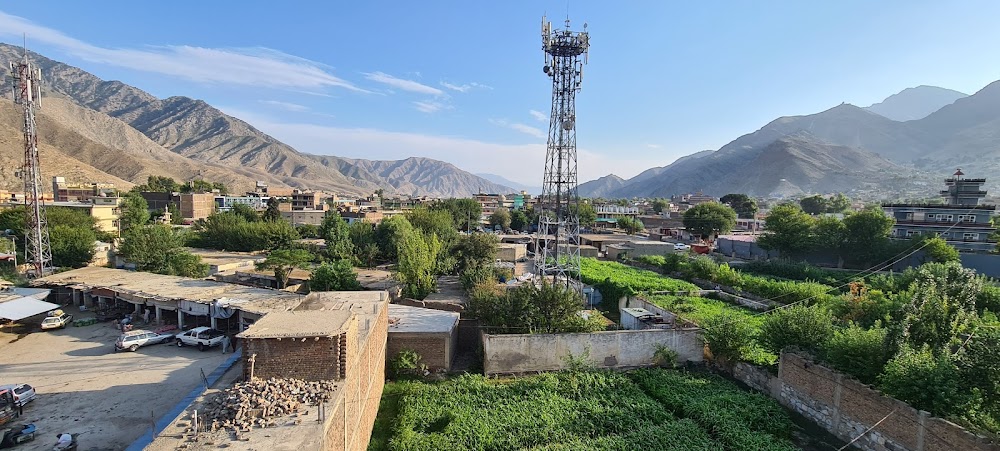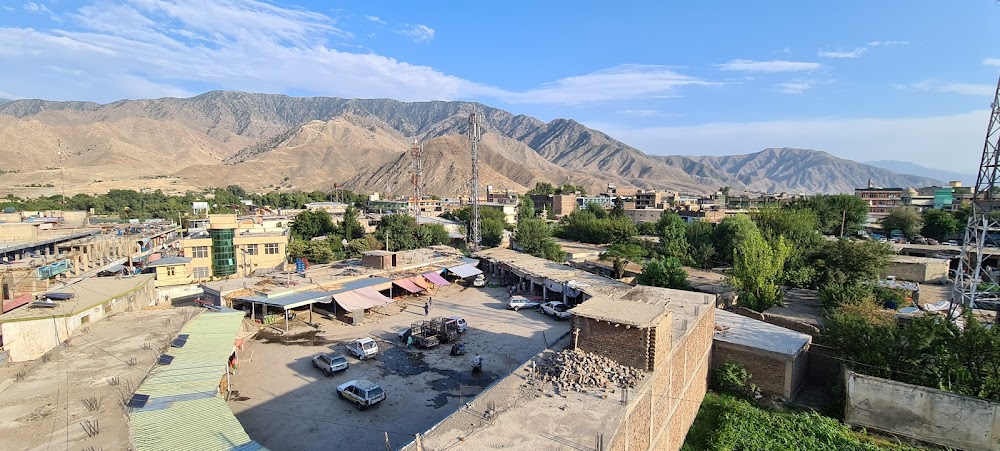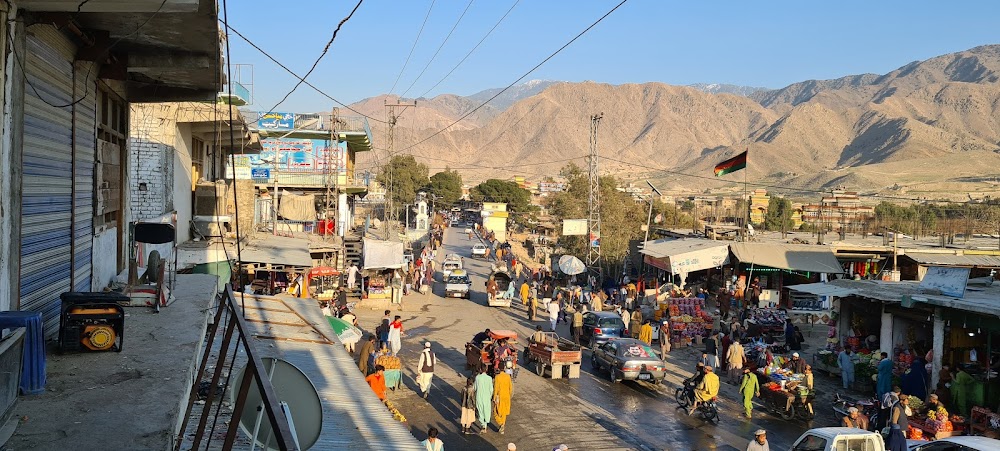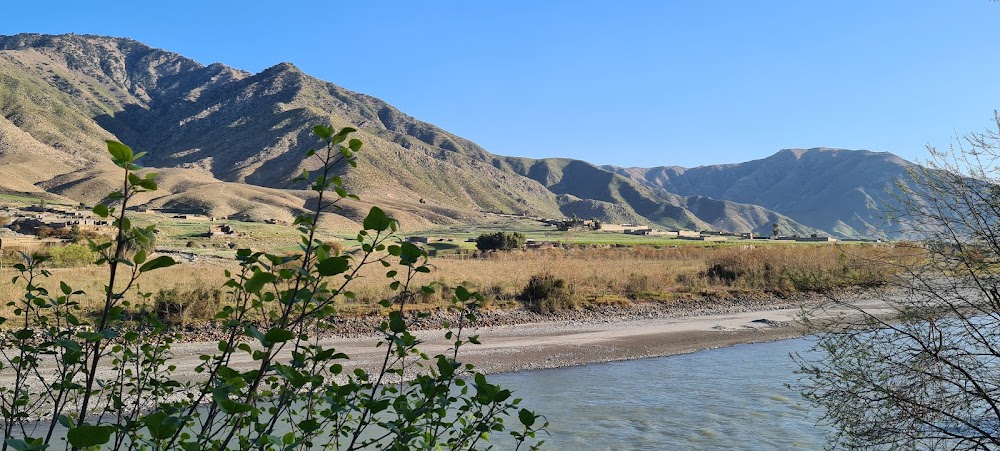Asadabad (اسعد آباد)
Related Places
Overview
Asadabad, the capital of Kunar Province, is a captivating town nestled in the rugged northeastern region of Afghanistan. Its breathtaking location along the banks of the Kunar River positions it as a focal point in a challenging yet stunning landscape. Originally a small settlement, Asadabad gained prominence due to its strategic location and fertile land, playing a vital role in Afghanistan's intricate history.
Historical Significance and Development
The town's evolution took a significant leap during the 20th century when it emerged as a major military and administrative hub. Efforts to modernize Asadabad included the development of basic infrastructure, improvements in road networks, and the establishment of government buildings. Additionally, its proximity to the Pakistan border heightened its strategic importance, making Asadabad a key player in both regional defense and trade.
The Asadabad Bridge
One of the town's most notable landmarks is the Asadabad Bridge, which spans the Kunar River. This crucial connection facilitates movement across the river, enhancing trade and fostering community relationships. Constructed using locally sourced materials, the bridge was a collaborative effort involving local builders, engineers, and laborers, reflecting the resilience and resourcefulness of the people of Asadabad.
Resilience Through Conflict
Asadabad's history is marked by various waves of conflict and rebuilding, mirroring the broader narrative of Afghanistan. During the Soviet-Afghan War in the 1980s, the town became a flashpoint for resistance, with its strategic position drawing Soviet forces attempting to quell Mujahideen fighters. Despite the devastation wrought by years of conflict, the steadfast spirit of Asadabad's residents prevailed as they continually rebuilt their homes and lives.
Economic Landscape
The economy of Asadabad is primarily driven by agriculture, with its fertile riverbanks supporting a variety of crops, including wheat, corn, and various fruits. Recent initiatives aim to boost agricultural productivity and promote sustainable farming practices. The bustling local markets are a testament to the town's economic vibrancy, where traders and farmers come together to sell their produce.
Cultural Heritage
Culturally, Asadabad is a mosaic of traditions, heavily influenced by Pashtun customs. The town hosts a variety of cultural events and festivals that showcase the rich heritage of its people. These gatherings not only strengthen community bonds but also serve as a means of passing down traditions through generations. Educational initiatives have begun to flourish, with the establishment of schools and vocational training centers aimed at providing better opportunities for the youth.
Healthcare Improvements
Healthcare services in Asadabad have seen gradual improvements, although challenges persist. Local clinics and hospitals, often supported by international aid organizations, provide essential medical services and engage in public health campaigns to enhance the well-being of the population.
A Symbol of Endurance
Asadabad holds sentimental value as a beacon of resilience and continuity. Despite numerous adversities, from wars to natural disasters, the people of Asadabad have demonstrated unwavering determination to build and rebuild their lives. Today, the town stands as a symbol of endurance in the face of hardship, reflecting the indomitable spirit of its inhabitants.
Conclusion
In summary, Asadabad is not just a town; it is a microcosm of Afghanistan itself, embodying both the challenges and the resilience of a nation striving for a brighter future. Its ongoing journey of reconstruction and legacy-building continues to inspire, as the community moves forward with hope and determination for a better tomorrow.







